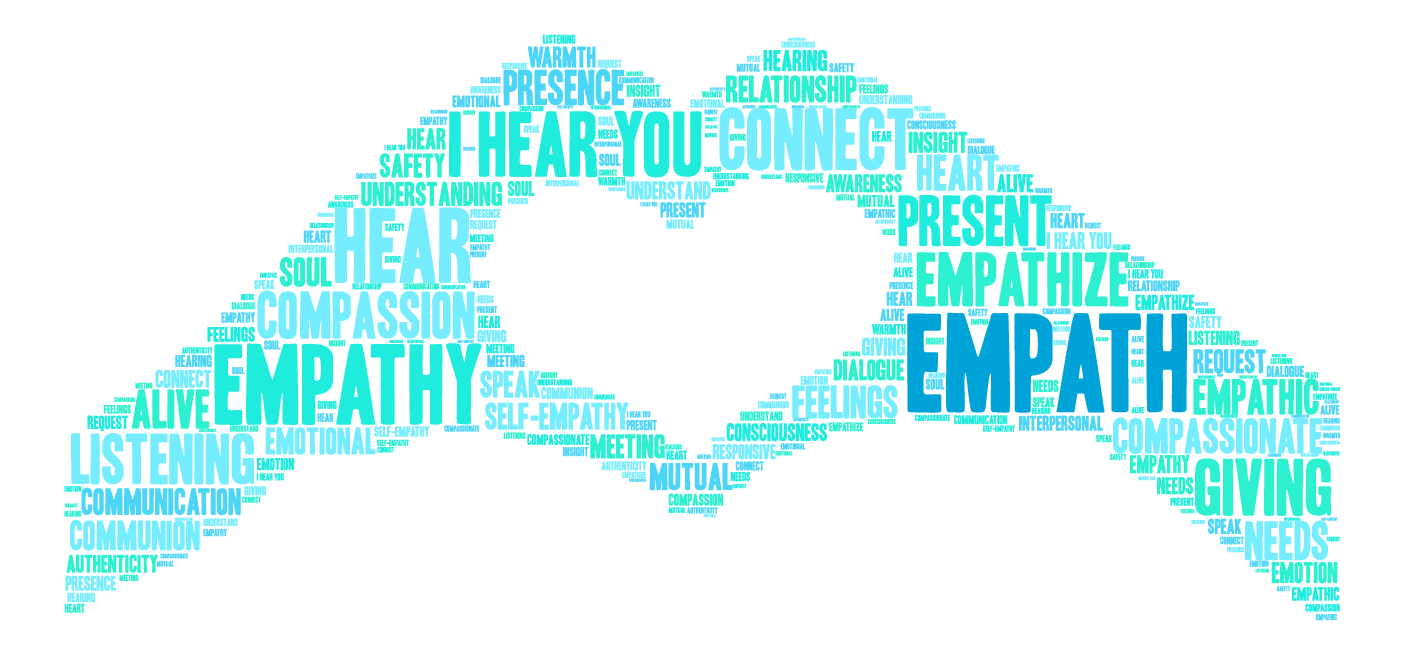by: Anonymous
In this weekly series, we hear from a young woman who is experiencing infertility. Her fresh and fun take, on a topic that is anything but, is eye opening and refreshing.
It’s 7:00 am on a Sunday morning.
In other words, yawn.
Why am I up, writing this?
One word.
Monitoring.
What does the word “monitoring” mean to you? What image does it produce? I know what it means to me. Early morning doctor visits to ensure everything is proceeding according to the doctor’s plan. Why the word “monitoring”? Am I some lab rat, summoned to be inspected? In many ways, yes, I am like that lab rat. I, too, am subjected to different hormones to achieve a certain result, but in a sense I am different. Instead of the mad scientist injecting me, I inject myself. Glamorous, I know.
Sigh. Those maddening injections. In the beginning, I had thought it would be a task that gets easier with each passing day. Surprise! It doesn’t. Each evening, as I am about to prick myself with the sharp needle, an image arises in my head. I see a cackling, frizzy-haired man in a lab coat, rubbing his hands gleefully as he prepares to inject the latest cocktail of goodies into his unknowing subjects. Only it’s me, I’m the cackling madman. I am doing this—willingly, I may add—to myself. I am placing myself under the bright lights, begging to be toyed with.
Okay, so I might be going a bit off topic here. Back to the monitoring. What does it mean to others? Thank G‑d, I have a very supportive network of family and friends. This is something I find crucial to surviving the month-to-month rounds of hope followed by disappointment. My mom and sister know about the times I am down and are always there to catch me when I fall, and for that, I am eternally grateful. However, it wasn’t until recently that I realized that no matter how supportive they are, they know so little about what I am actually going through.
It was a dreary morning, and I was at the doctor’s office waiting to be seen for routine blood work and an ultrasound (a.k.a. monitoring). I was texting my sister, Ahuva, and when I told her I was at the doctor, she asked me why I was there. I replied, “Just here for monitoring.” In Ahuva’s typical manner, she sent back about 45 questions. “Monitoring? What are they monitoring? Your heart? Your blood? How long do you have to be there for? How often do you do this? Is everything okay? Are you dying?” I literally laughed out loud, probably causing the stony-faced women around me to sniff in disapproval. It was at that moment that I realized that while Ahuva was there for me at every moment I needed her, she actually understood so little of the life I was leading. A part of her had imagined that fertility treatment meant being hooked up to machines, since that is what the word “treatment” produced in her overactive mind. Therefore, the word “monitoring” most likely produced gruesome images of me lying on a cold steel table.
And I can understand that.
It makes sense that when you are not a part of something, you have no idea of the intricacies involved in that process. There are many different challenges people face throughout their lives, many hurdles G‑d throws their way. You can try to sympathize with those that are going through all different sorts of troubles. However, remember a few things: A situation that you may deal with beautifully can cause someone else to crumble. Never, ever, belittle someone else’s pain. On a different note, something to keep in mind is that even when you feel you understand or truly know what another person is going through, remember: Each person feels differently in each situation. Never assume you “know” what someone else is experiencing, because you don’t.
So what can you do to alleviate a loved one’s pain?
The best thing to do is to let the person know you are there. You are there if they need you now, and you will be there, on the sidelines, should they ever need you in the future. Don’t be intrusive. Be understanding. But all this is just my advice and what I have found works for me. You may have your own way of dealing with struggles, and that’s okay. Because we are all different, aren’t we?
Originally printed on chabad.org








